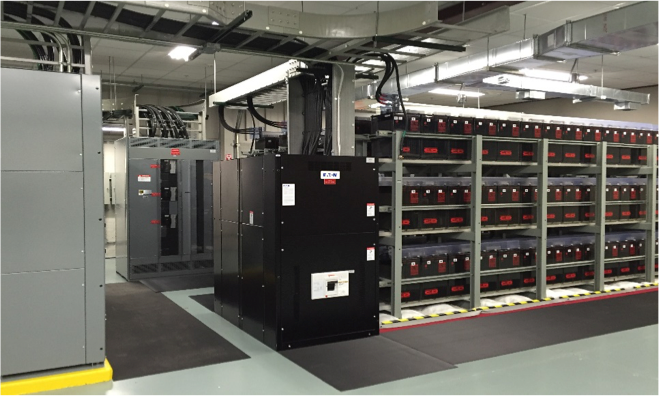How Battery Backup Systems Ensure Uninterrupted Power Supply During Outages
In an increasingly digital and connected world, the reliance on a continuous power supply has never been more critical. Power outages, whether due to natural disasters, technical failures, or grid issues, can disrupt operations, cause data loss, and lead to significant financial losses. Battery backup systems offer a reliable solution to these challenges, ensuring an uninterrupted power supply during outages. In this blog, we’ll explore how battery backup systems work, their benefits, and why they are essential for businesses and homes alike.
Understanding Battery Backup Systems
Battery backup systems, also known as uninterruptible power supplies (UPS), are devices that provide emergency power when the main power source fails. These systems are designed to deliver instant power to critical devices and systems, bridging the gap until a generator kicks in or the main power is restored. Battery backup systems come in various sizes and capacities, suitable for everything from small home setups to large industrial applications.
How Battery Backup Systems Work
1. Normal Operation
During normal operation, the battery backup system draws power from the main power supply and charges its batteries. It also passes this power through to the connected devices, ensuring they receive a stable and clean power supply.
2. Power Outage
When a power outage occurs, the battery backup system instantly switches to battery power. This switch happens so quickly (typically within milliseconds) that there is no noticeable interruption to the connected devices. The batteries then provide power to these devices for a specified duration, depending on the system’s capacity and the power requirements of the connected devices.
3. Restoration of Main Power
Once the main power is restored, the battery backup system switches back to drawing power from the main supply. It recharges its batteries to be ready for the next outage while continuing to supply power to the connected devices.
Benefits of Battery Backup Systems
1. Uninterrupted Power Supply
The primary benefit of battery backup systems is providing an uninterrupted power supply during outages. This ensures that critical systems, such as computers, servers, medical equipment, and communication devices, remain operational.
2. Protection Against Data Loss
For businesses, data is a vital asset. Power outages can cause unsaved data to be lost and can corrupt data stored on hard drives. Battery backup systems provide enough power to save work and shut down systems properly, preventing data loss and corruption.
3. Increased Productivity
In an outage, downtime can lead to significant productivity losses. With a battery backup system, businesses can continue operations without interruption, maintaining productivity and avoiding the costs associated with downtime.
4. Equipment Protection
Power outages and surges can damage sensitive electronic equipment. Battery backup systems often include surge protection, shielding your equipment from power spikes and ensuring a stable power supply.
5. Scalability and Flexibility
Battery backup systems come in various sizes and capacities, making them suitable for different applications. Whether you need a small system for your office or a large-scale solution for a data center, telecommunications, or utility there is a battery backup system to meet your needs.
Choosing the Right Battery Backup System
1. Power Requirements
Evaluate the power requirements of the devices you need to protect. This will help determine the capacity of the battery backup system you need. Consider both the wattage and the runtime you require during an outage.
2. Type of Battery
Battery backup systems use different types of batteries, including lead-acid, lithium-ion, and nickel-cadmium. Each type has its advantages and disadvantages in terms of cost, lifespan, and maintenance needs.
3. Features
Look for additional features such as maintenance requirements and monitoring capabilities. These features can enhance the performance and reliability of the battery backup system.
4. Scalability
Consider a system that can be easily scaled up if your power requirements increase in the future. Modular systems allow you to add more batteries or units to increase capacity.
Conclusion
Battery backup systems are a critical component for ensuring an uninterrupted power supply during outages. By providing instant power to critical devices, they protect against data loss, maintain productivity, and safeguard equipment from damage. Investing in a reliable battery backup system tailored to your specific needs is a proactive step towards resilience and operational continuity in the face of power disruptions.

